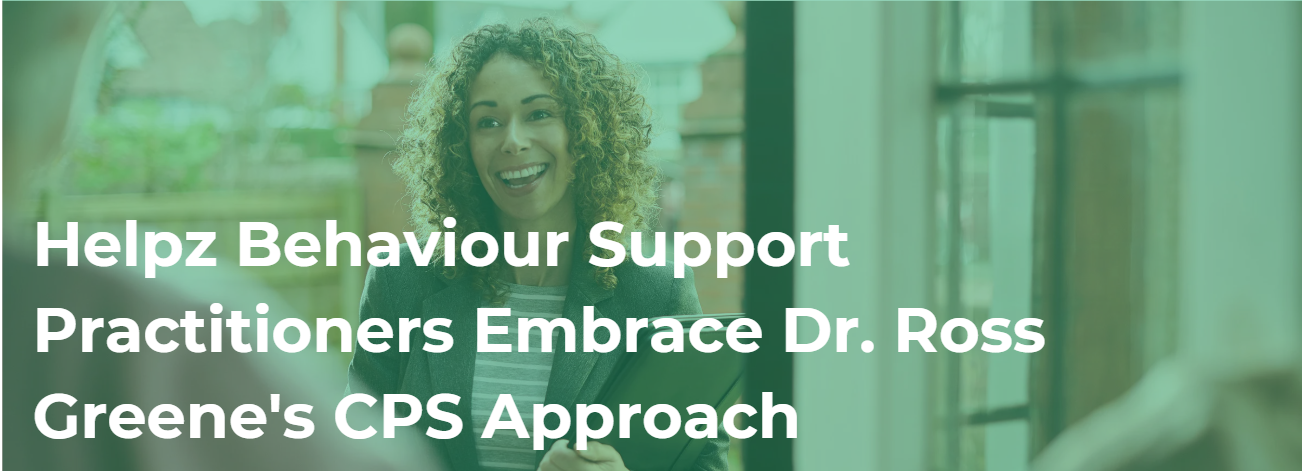What Australians expect from a workplace in 2022

The last two years have seen workplaces pivot and change so fast that it is hard to remember what the working environment was like pre COVID, but are we meeting the needs of our employees?
COVID-19 has changed so much about the way we work, and more than half of Australians are now expecting more from their employer than they did before the pandemic.
Employees are more acutely aware of whether businesses are truly committed to offering flexibility and work-life balance or whether they just say they are.
And we aren’t afraid to leave employers if they don’t meet our expectations with 38% of Australians surveyed recently by PWC in their The Future of Work: 2021 What workers want report, saying they were considering leaving their employer in the next 12 months.
How workplace expectations have changed?
COVID-19 forced people to really think about what they want in life and what work-life balance means to them. People have reevaluated what is important to them in both work and life and now expect their employer to support these goals more holistically.
What do employees want in 2022?
We look at seven of the most important things Australians are looking for from their workplaces in 2022.
Work/life balance
This is the top must-have for many people, with 42% of Australians surveyed by Atlassian in their return on Action Report 2021 said they would consider changing jobs in order to access flexible work options.
We anticipate that this will continue to be a key focus for employees as we even see global trials for a 4 day working week.
Flexible hours/schedule
Flexibility continues to be an increasingly valuable part of the employment value proposition.
Over the last two year the hybrid working model has become the new norm and employees are choosing to not apply for roles that don’t offer some sort of hybrid model, with 50% of Gen Y saying they would consider changing jobs to access remote work.
And it is not just about remote work and being empowered to work with autonomy for more control over our time and wellbeing.
Employees are expecting much more from the employers in supporting flexible schedules in order to meet caring responsibilities and allowing them to play more of an active role in their dependants lives; 49% of Australian employees identifying with having carer responsibilities. “People used to be grateful to be able to do a school drop-off once a week. That doesn't hold the weight that is used to.” SEEK’s Resident Psychologist Sabina Read explains.
Renumeration and reward
Salary, including incentives, bonus and share schemes is still the third most important thing to employees when choosing a role/ employer. Employees in 2022 are expecting salary increases, and financial compensation packages to move in line with how they value their experience and role responsibilities.
Job security
40% of Australians have higher expectations around job security than before COVID. We are more hesitant to take a role that doesn't feel secure. It is important to employees that there is career progression and development and for them to feel that job security is valued by the employer.
Good working relationships
Employees want to feel heard by their employer, and work in more collaborative ways. People are looking for workplaces with a strong and defined culture that fosters connectivity and innovation, empowering development, and contribution beyond the role remit.
In today’s hybrid work model, it is more important for employers to help their employees understand how they can keep connected with their peers and provide more innovative ways to foster good working relationships within their team regardless of location.
Mental health support
People are mentally fatigued from the challenges they’ve faced and continue to face over the past two years. Employees are beginning to prioritise their mental health and happiness over their career progression.
People are looking for workplaces that care about them and their wellbeing, in fact almost 25% of employees value support of their wellbeing from their employer above all other factors and 69% of employees would turn down a promotion in favour of preserving their mental health. This trend is true across all age groups and income levels.
Social impact
Today, 74% of employees believe businesses and employers should be just as concerned with their social impact as their business objectives. An increasing number of the workforce will no longer accept a passive approach to social impact by businesses.
People want to feel good about the businesses they work for.
Final thoughts
Much like how we have seen businesses pivot in their approach to marketing since the rise of digitisation to more customer centric strategies; the pandemic is doing the same for the workforce.
Employees are now demanding to be supported more holistically by their employers, and the role work plays in our lives has changed with many of us reevaluating our priorities and terms like ‘Quietly Quitting’ and ’the Great Resignation’ have come out of new attitudes to work.
And we don't think it is a bad thing. At helpz we believe if we look after our team, they will be best placed to achieve the best outcomes for our participants and the business.
News & Insights
Check Our Latest Resources







